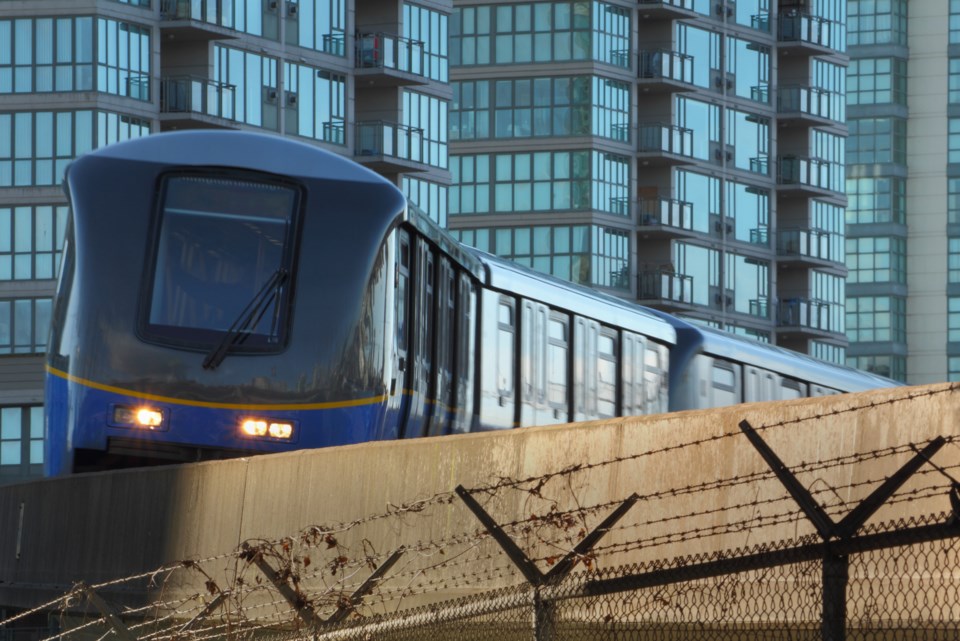At the annual general meeting Wednesday (March 29), the TransLink Board of Directors voted to proceed with a scheduled average 2.3 per cent fare increase that will come into effect in July 2023.
The news comes on the heels of last month's announcement that the B.C. government would be giving TransLink a near $500M bailout to help the Metro Vancouver public transit operator continue at its current rate of operations. However, the fare increase was reportedly first outlined in the 2022 Investment Plan.
Here's what you need to know
“TransLink’s annually scheduled fare increase helps pay for the growing cost of transit and is less than half the rate of inflation," a spokesperson for TransLink tells V.I.A. in an emailed statement. "We continue to have some of the lowest fares of any major transit agency in Canada.”
The fare increase equates to 5 to 10 cents per trip for the majority of customers and is capped as part of TransLink's Safe Restart agreement with the province to keep fare increases low.
Single-trip tickets using cash or a Compass card will go up $0.05 for one zone, $0.10 for two zones, and $0.15 for three zones. Meanwhile, day passes will see an increase of $0.25, and monthly passes are set to go up $2.35 for one zone, $3.15 for two zones, and $4.25 for three zones.
As of September 2021, all children 12 and under may ride TransLink for free on all modes of transit.
What about the $500M in funding?
During the pandemic, ridership dropped significantly and, while it has started to recover, TransLink reports that it still remains structurally lower than before. Ridership in January 2023 saw only 81 percent of pre-COVID levels.
As a result, the July 2020 fare increase never took place and the scheduled 2021 increase was lower than anticipated. The Safe Restart Agreement put in place by the province of B.C. also limited how much TransLink was legally allowed to increase fares.
"The recently announced provincial funding package is aimed to help TransLink deal with the lasting effects of the pandemic and escalating cost pressures," explains the transit agency spokesperson. It also assumes that previously scheduled fare increases proceed as planned.
According to TransLink, the provincial funding package enables them to maintain current service levels until the end of 2025 with the limited annual fare increase.







